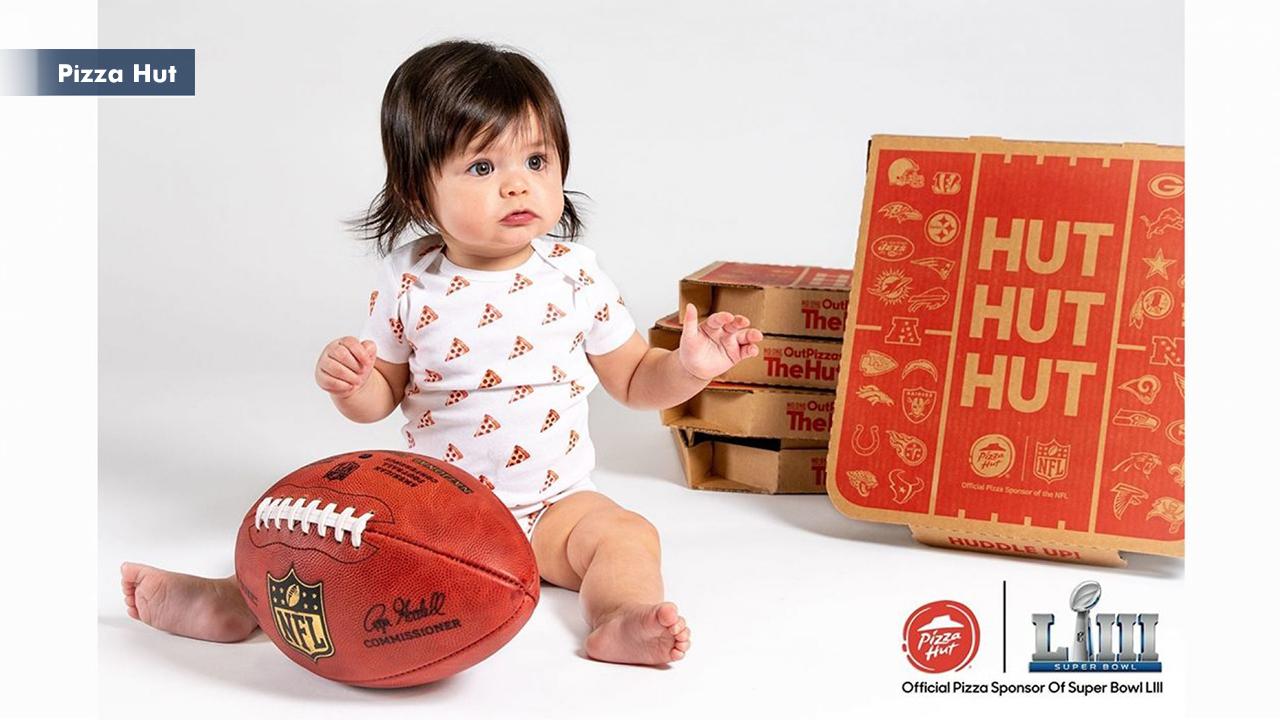Super Bowl isn’t the time or place for political ads
Not too long ago, the thought of making a political Super Bowl ad wasn’t an option. With the growing expectation of brands to stand for something more, especially among younger viewers, that thought has more than crossed the minds of marketing executives who have produced such ads the past few Super Bowls. But after those attempts, the consensus remains against political ads during the big game.
This year advertisers are paying a little north of $5 million for 30 seconds to reach the largest television audience (103.4 million viewers tuned in to watch the game last year). This high cost of exposure already benefits mass marketed products much more than niche products, but both types of brands are better off aiming for the broadest appeal with time-tested strategies like celebrities and/or humor.
Most marketers realize that to come to the Super Bowl stage with a targeted, politicized message negates the purpose of buying airtime in the first place. Making that sizeable of an investment and then intentionally alienating half the viewers is reckless.
As the first to follow 2016’s tumultuous election, Super Bowl LI saw an uptick in political ads, including Audi’s gender-equality spot “Daughter” and Airbnb’s subtle opposition to Trump’s travel ban. All but one of the political ads from that game saw polarity scores in the 40th percentile and up -- the most polarizing being 84 Lumber’s “The Journey,” which ranked in the 75th percentile.
However, Ace Metrix data shows that viewers can be more forgiving towards brands like Nike and Gillette when they find themselves at the center of social media backlash and media fervor. Nevertheless, these brands didn’t use advertising’s biggest stage to reveal their stance, perhaps making their messages seem less imposed on the viewer.
While politics still remain inappropriate for America’s largest TV event, advertisers shouldn’t have to shy away from any and all social issues, especially when they have philanthropic efforts to back their stance. In fact, it’s these ads that can benefit brands the most.
Four of the top ten breakthrough ads from 2018’s Super Bowl touted philanthropies including Toyota’s sponsorship of the paralympics in “Good Odds” (the top ad) and Verizon’s first responders tribute in “Answering the Call.” As demonstrated by those ads, the more universal causes, like first responders or cancer research, see strong resonance across demographics.
Already, a good crop of this year’s advertisers, like Budweiser, Kia and Verizon, are delivering corporate responsibility messages and it’s these types of spots that are here to stay on game day.
CLICK HERE TO GET THE FOX BUSINESS APP
In the end, employing political undertones runs the inevitable risk of damaging your ROI as the Super Bowl gives advertisers the opportunity to speak (and hopefully sell) to a huge, diverse audience.
Peter Daboll has more than 25 years of experience in the science and business of advertising effectiveness. As CEO of Ace Metrix, he has led the company in developing innovative metrics and methods for helping advertisers make better, more impactful video creative.




















